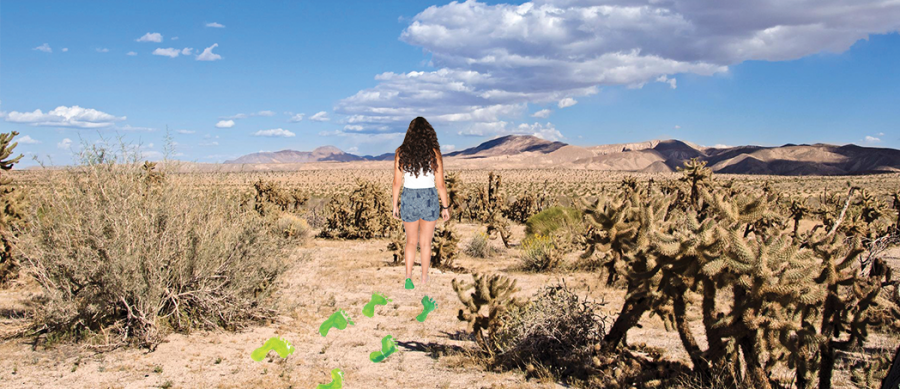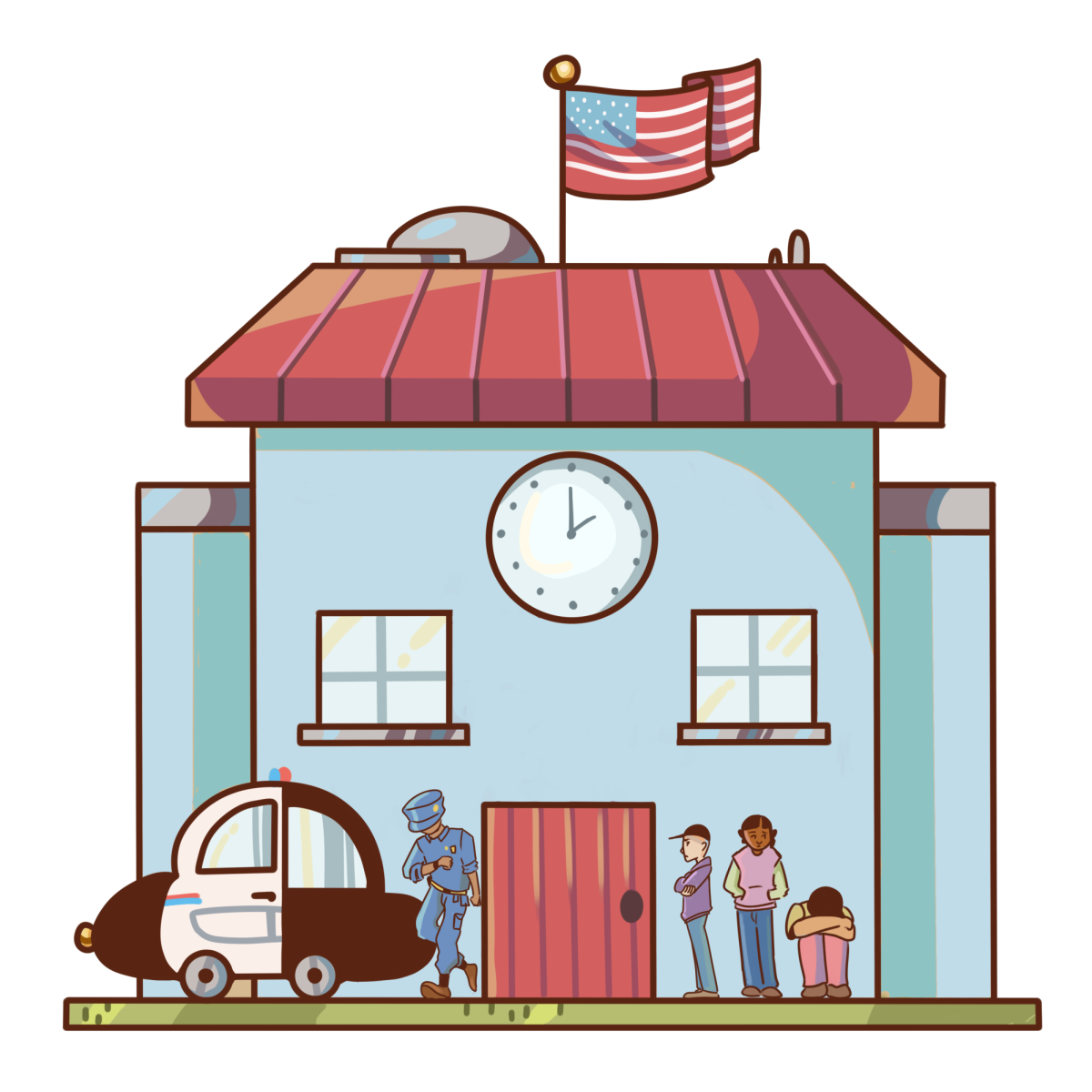Last month, Governor Jerry Brown declared an end to the six-year drought that plagued California. At that point, Environmental Club leader Hannah Tuchman ’17 breathed a sign of relief.
“I also think saying the drought was over may be true in that we filled a certain quota, but we should always be trying to conserve water because having a surplus of water will go a long way, and we don’t know when we will need it,” Tuchman said.
The administration took a number of steps during the drought to reduce the school’s water usage, including turning off the water supply to the school’s two fountains and reducing the frequency that the maintenance crews wash the quad.
“Through the drought we were watering far less, washing our vehicles far less, washing our pavements and courtyards [far less], using far less water,” President Rick Commons said. “I was aware generally that we were doing things to try to make sure we were conserving water, and I think we will continue to do those things, recognizing that [California] is likely to go in and out of severe drought for the foreseeable future.”
In a Chronicle poll of 427 students, 54 percent said they think that the school is environmentally friendly. Only 25 percent were aware of the steps that the school has taken to reduce its water usage.
The school has attempted to reduce its ecological footprint, using special blue recycling bins and eliminating styrofoam cups in faculty meetings.
Members of the school community also believe that the school has taken enough measures to improve the environment.
“I think we did a great job by turning off the water fountain,” Environmental Club adviser and AP Environmental Science teacher Nadine Eisenkolb said.
The Environmental Club aims to encourage a more ecologically-friendly use of natural resources. In the past, the club has raised trout to restock native populations and helped restore the Los Angeles River. The club also plans to build a garden full of native, drought-resistance plants next to Taper Gym.
“We were actually visited by a representative of the school’s Environmental Club, who herself felt that she had observed things on campus that didn’t seem responsible in drought conditions, and I told her that I thought she was right,” Commons said. “We turned off our fountains as a result of that conversation.”
The drought is not the only environmental issue Harvard-Westlake has faced. The environmental impact of the proposed three-story parking garage has sparked a flurry of complaints by neighbors.
“Say no to destruction of trees and wildlife” demands one protest sign in heavy red lettering.
Signs with similar messages line Coldwater Canyon on the stretch between the school and Ventura Boulevard.
The proposed three-story parking garage, which recently underwent a six-month peer review process, has sparked controversy in the surrounding area with neighbors voicing their opinions at public forums, writing letters to public officials and opening a Facebook page to spread word about opposition to the project.
“The City’s EIR [Environmental Impact Report], the Santa Monica Mountains Conservancy, the Sierra Club of LA, [and] an independent expert Biological Resources report all agree the project will indeed have a significant negative impact on biological resources,” President of Save Coldwater Canyon! Sarah Boyd said. “Simply put, the project will destroy wildlife habitat, resulting in a ‘multi-acre disturbance zone’ and ‘the most severe native woodland impact’ in three decades in the Santa Monica Mountains…and threatening numerous sensitive and declining bird and mammal species that are known to be on site.”
Roughly 140 trees will be removed from the construction site, and an estimated 100 trucks will be at the site every day for almost two years.
“The reason so many LA citizens are opposed to this project is because it creates a horrible precedent for LA — a private bridge over a scenic roadway, excavation and construction far in excess of hillside limits, destruction of rare oak and walnut woodland, and 160 daily truckloads for nine to 12 months in an already terribly congested commuter roadway,” Boyd said.
However, the administration said claims made by Save Coldwater Canyon!, the main neighbor group opposing the project, over the environmental impact of the parking garage are exaggerations and that there will be a net increase of 400 trees once the garage in completed.
Commons expects that the opponents’ concerns about traffic, environmental impact, and increased school enrollment will be addressed in the public hearings.
But Tuchman said Harvard-Westlake will ultimately be able to begin work on the garage despite any environmental fallout.
“Honestly, I don’t think anyone or anything can stop [Harvard-Westlake],” Tuchman said. “The school will do what it wants regardless of it hurting the environment.”












































